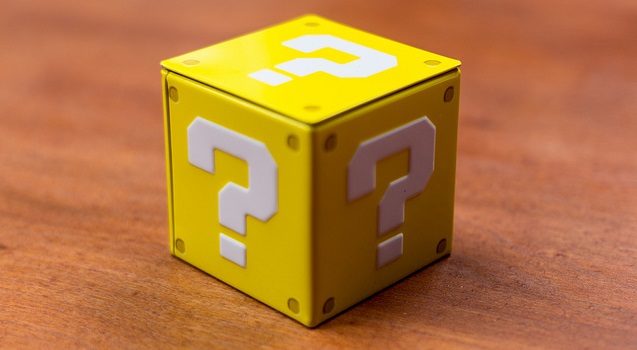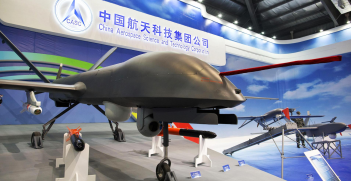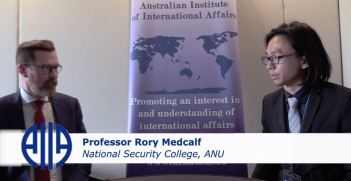A tough question and an “on balance” answer.
The first question is whether Australia has a major interest in what happens in the South China Sea. Yes.
We do not have the same direct involvement as most members of ASEAN because we are not claimants and not in, or on the fringe of, the contested areas. But Freedom of Navigation is a crucial principle for a maritime nation such as Australia with particular security and economic interests in the disputed areas (as of course have others, not least China itself).
While China might eventually be the most powerful country in the region, that power should be balanced by a multipolar structure in which the other poles, particularly the United States, India and Japan, provide the main counterpoises. This means that the other poles have to push back when Chinese behaviour is egregiously bad.
China can justifiably assert that its growing global importance merits greater deference than it has been accorded in the past. However its bellicosity and lack of respect for its neighbours thus far, if not contested, could lead to an acceleration of destabilising Chinese activity, which is clearly not in Australia’s interest.
In short, to lapse into the parlance of the day, we do have skin in the game and/or a dog in the fight. It is not necessarily of the essence that others might have more skin or more dogs.
This is why Australia has to be counted, not because it needs to pay alliance dues where the ledger is in any event in its favour. American public assertions about what they want of Australia are unhelpful.
What then should we should do?
We have to do more than espouse diplomacy. To do this is obvious even if it is not doing much good. We need visibly to assert Australian interests in the areas in question. This will involve at some stage transiting those areas where we claim a right of passage. We should do so subject to certain constraints:
- In order to limit the perception of belligerence (and help limit the regional view of Australia’s surrogate status), the transiting vessel/aircraft should not be part of an American flotilla/squadron. That said, the United States should be aware of what we are doing and be prepared for adverse contingencies.
- To the degree possible the transit should be presented as part of a normal necessary naval/aerial manoeuvre consistent with those we have made in the past and not uniquely in terms of challenging the Chinese. The presentational emphasis should be on exercising our rights to behave normally in accordance with law.
None of this is low risk. What happens if an aircraft is shot down, or a vessel rammed?
Moreover the fact that we will be acting in accordance with American wishes even if it is genuinely our decision to do so, will deepen the regional perception of our status as a satrap.
But in the end we cannot bury our heads in the sand about China either because we fear the economic consequences or because we wish to be seen to be independent of the United States. We should lose the habit of rolling over for the United States, but not adopt that of doing so for China.
















